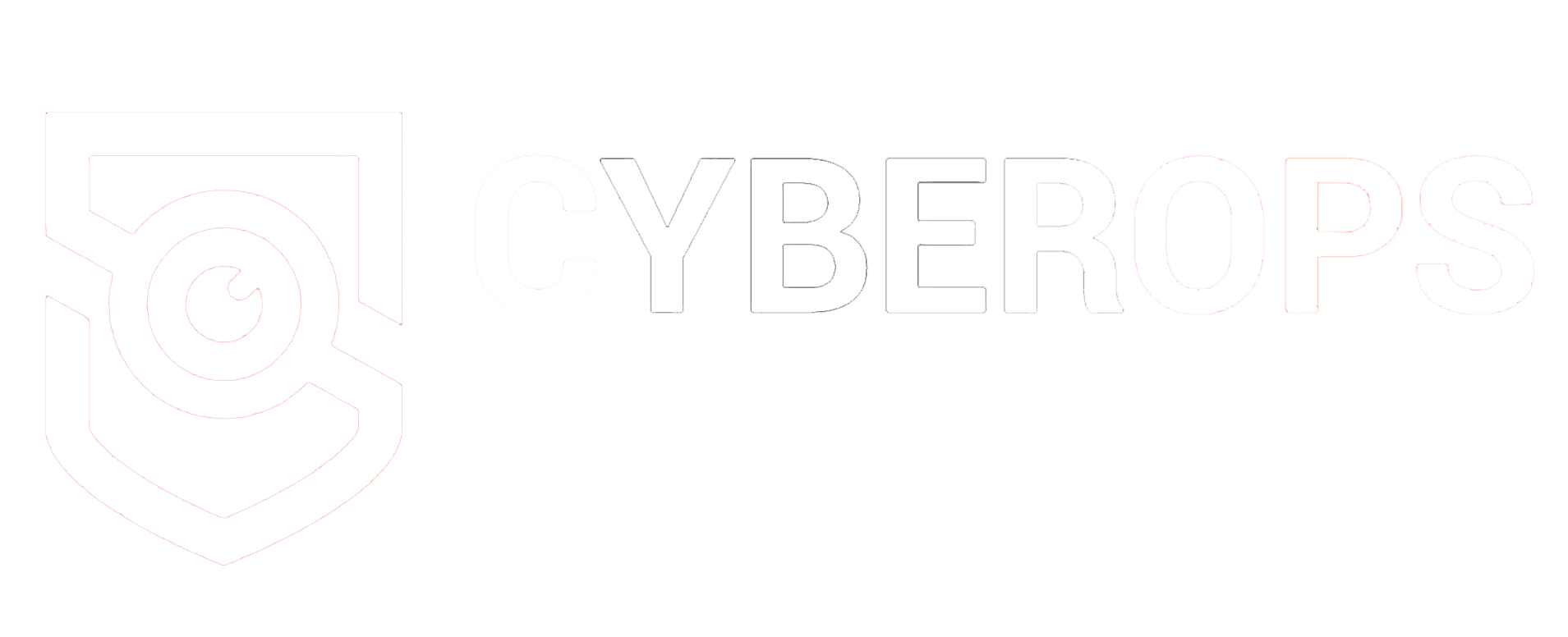After Bitcoin, blockchain, SBI enters crypto-currencies’ field with ‘Bankchain’
By Prempal Singh

SBI, along with IBM, Microsoft company, Skylark, KPMG and 10 commercial banks, may soon be rolling out a technology called Bankchain, to talk about information between banks which would eventually help tackle frauds and streamline the lending process. (Reuters)
After RBI’s research arm Institute for Advancement and Research in Bank Technology create a newspaper last month in the choice of blockchain technology–the technology behind crypto-currencies like Bitcoin–State Bank of India has chosen to enter the field. According to The Financial Times, SBI, along with IBM, Microsoft, Skylark, KPMG and 10 commercial banking institutions, may soon be moving out a technology called Bankchain, to share information between banks which would eventually help tackle scams and streamline the financing process.
As an effect, banks will be able to share information and decide whether or not they wish to give to certain entities. In the case of control finance, which would be one of the first applications, it would deal with instances wherein a vendor discounts bills showing the same invoice to different banks.
Although SBI will not be the first one to enter the domain–ICICI, Yes, and Axis are also working on this–what makes this initiative special is the fact there are many lenders who will be on the same platform. Whilst blockchain was quite the rage internationally some years ago, the pace of work on it slowed down once those in the initial consortium–which included Goldman Sachs–left to work on their individual versions of it.
Since blockchain or distributed-ledger-system operates just like a secure distributed Google spreadsheet where all transactions are obvious to anybody on the platform–that is what makes it so unique in conditions of information-sharing–it only grows when more organizations utilize it. Like interoperability of bank cards and ATM machines or even interconnection between competitor telcos, that can only happen when the limiter takes centre-stage and requires certain standards which include interoperability as well as sharing of costs/revenues.
This is time RBI walked in and took over that function since the results will be beneficial to the banking system as a whole. Whilst sharing information between banking institutions has advanced far more today, and Cibil scores are a huge help in this context, a well-functioning bankchain will mean information on any individual/firm defaulting on the payment will be immediately obvious across the system and could form the most basic of the other bank rejecting its loan.
Following a while, as bankchain gets larger, even information on other business transactions–critical for banks to keep tabs on those they are giving loans to–will become available. As in all bank transactions, privacy will be critical, but even today, banks have such information provided by them and have to protect it by legislation.
Source: financeexpress.com

